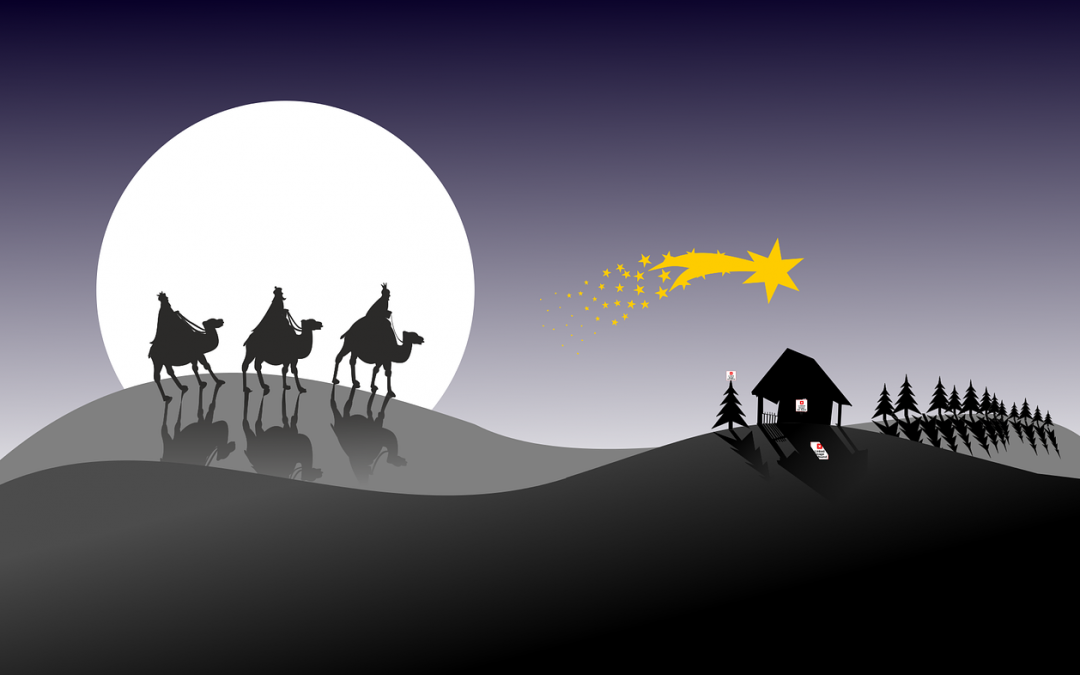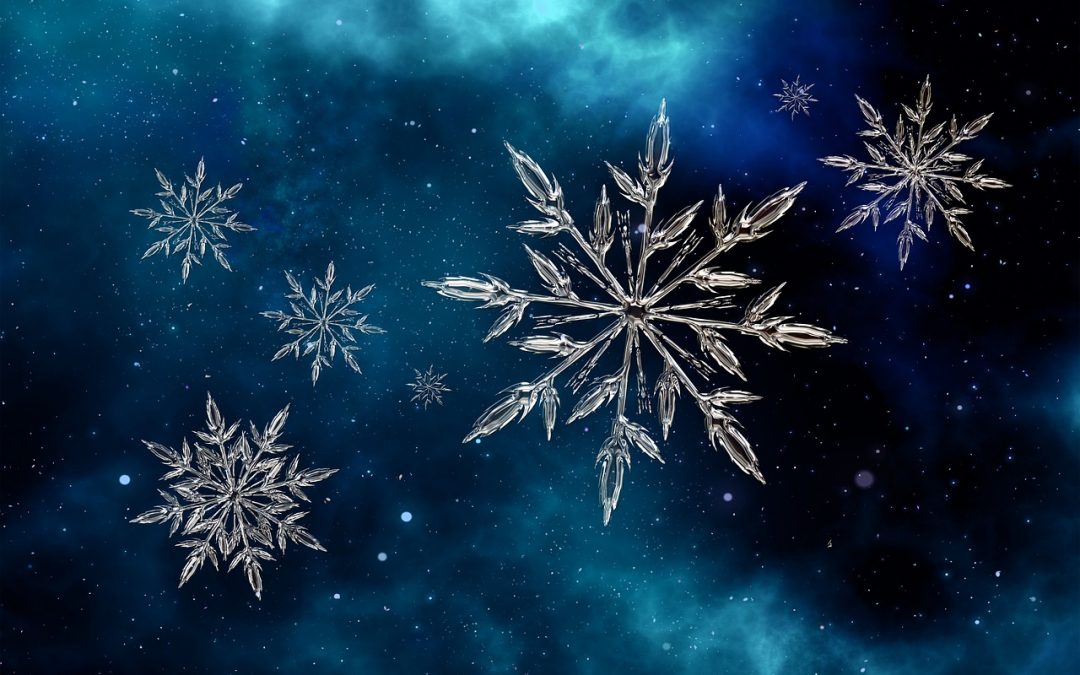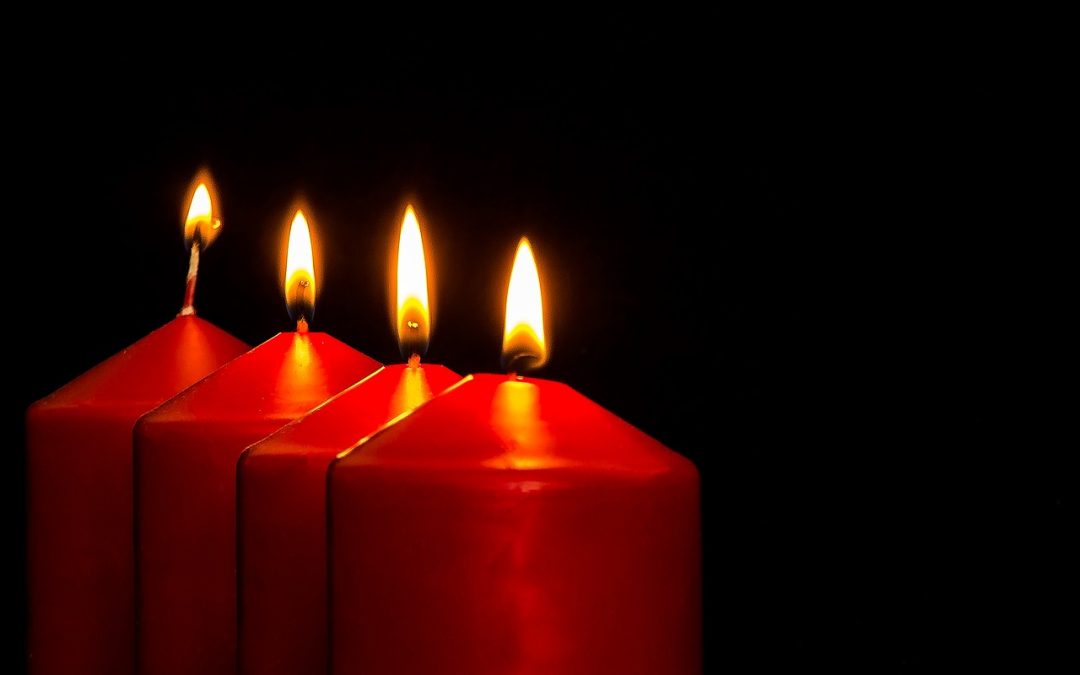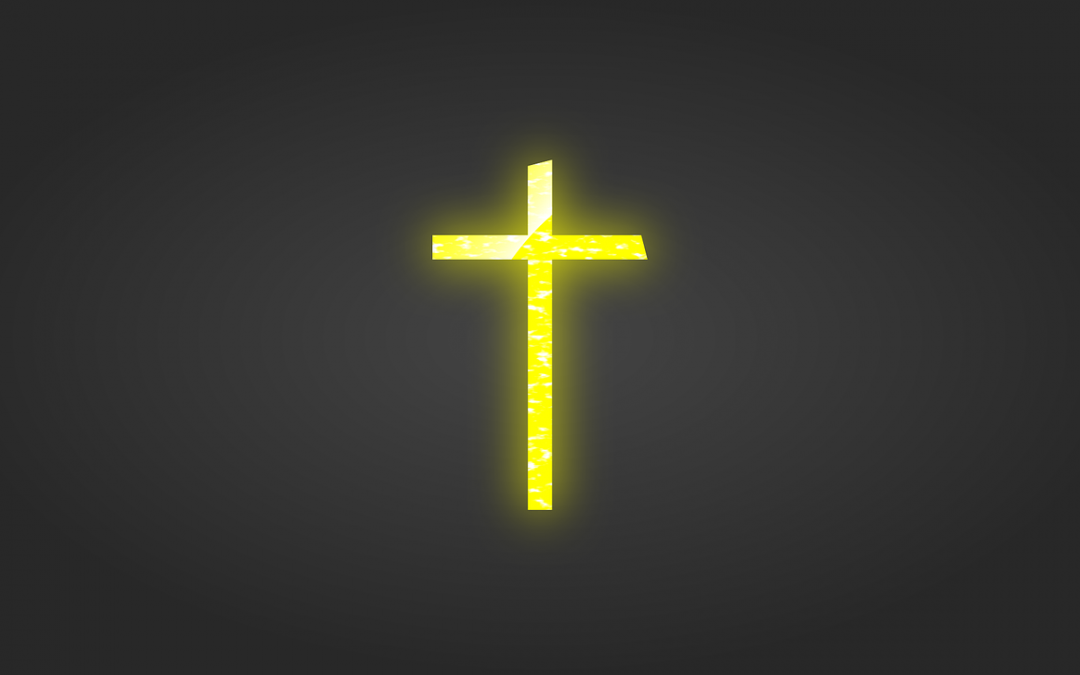
Nine carols and lessons
Click the link below to see the recording of nine carols and lessons at the Barn

Click the link below to see the recording of nine carols and lessons at the Barn

2 Samuel 7: 1-11, 16, Luke 1: 26-38
The last candle on the Advent wreath is for Mary. But the first reading is not a prophecy from Isaiah as it has been in the previous three weeks. Instead we have a story about King David. And it is an interesting story.
David had spent his adult life constantly on the move, but now, as king, he is able to settle down. He builds himself a house; not quite a palace but a fine house made of cedar wood. And now, enjoying some respite from fighting battles, he hits on the idea of building a house for God. After all, he says, surely it is time God has a house too? So he calls the prophet Nathan, suggests the idea to him, and gratifyingly receives a positive response.
David has grand ideas. Being an extrovert he is the sort of person who finds it easier to think when throwing ideas around with other people. Nathan, however is an introvert, and introverts need to sleep on things and to remove themselves from distractions. So that night, Nathan’s head is full of questions. A house for God? Is that a good idea? God has never had a house. Ever since Israel can remember, God has been on the move, travelling with his people. And if God had a house, wouldn’t that change the nature of God? Mightn’t building a house be like trying to pin God down and keep him in one place inside four walls? Have not temples always testified more to the prestige of the one who builds it than to the divinity it is supposed to be dedicated to?
Nathan eventually falls asleep and he dreams; and in his dream God speaks, confirming all his misgivings. But God also tells Nathan something else. God does not want a house for himself, God wants to give David a house. Not a cedar palace with four walls like the one David has built for himself but a royal lineage otherwise known as ‘the house of David’. God tells Nathan to tell David ‘Your house will endure and your kingdom for ever; your throne shall stand firm to eternity.’ A son is promised. And it is from this promise that the prophets dream their messianic dreams of a peaceful kingdom that knows no end.
And now we see why the lectionary places this reading with the story of the annunciation today. The Son, the Prince of Peace, that is promised is still far into the future. As the carol goes ‘To you in David’s town this day is born of David’s line, a Saviour who is Christ the Lord and this shall be the sign:’ This is the house promised to David. A promise made like that to Abraham before him. Abraham was promised the birth of a nation and in our first reading today, David is promised he will have a house. But not a brick kind of house, instead God means a royal lineage. We are familiar with terms like the House of Windsor and the House of the Plantagenet’s, but David would not have understood ‘house’ in this way. And, like Abraham, David will not see this fulfilled in his lifetime and so must trust that God will keep his word.
And, of course, God is telling not just of a different kind of house but of a quite different kind of king. The Messiah will be both David’s descendant and the Son of God. And this new king will be quite different from other kings. This new king will model kingship as God wants it to be understood. Not a king of power but a king who serves the poor. Not a king of wealth but a king who fights the injustice of the powerful. Not a king born in a palace or a fine cedar house but a king born in a stable.
Don’t get David wrong – his desire to honour God was genuine, and he thought carefully and lovingly about the best way to do it. But he was mistaken. A physical house was about David’s need for security and control. God has no need of that and, as God explains patiently to Nathan, it is not humanity’s job to make him a home but his, God’s, job to make this world into a home for us.
And in the gospel reading we learn of the kind of home God truly wants. The angel comes to negotiate with Mary for the kind of home that God is making and, patiently, the angel reassures the bewildered girl. Mary has one question – and it is a clue to her nature. She does not demand to know exactly what God is hoping to achieve; she does not let the importance of the task she has been given go to her head. All she asks is: ‘Aren’t I a bit of a problem? Are you sure I fulfil your requirements?’
And the angel points her in the direction of her cousin Elizabeth. This young girl needs support and love and she will find it with the older woman, the one person who will understand what it is all about.
In Mary, God finds what he is looking for – a temporary dwelling place. The baby briefly carried in her womb will grow up to be a king constantly on the move, being with his people, going where they need him. This is God making his home with his people in the way he has always done.
We have a saying – if the mountain won’t go to Mohammed then Mohammed must go to the mountain. Here this could be translated as – God does not stay in one place waiting for people to come to him, instead God goes out to his people. God knows that we long for love, security, peace, fulfilment, joy – in short a home. But all these things are to be found in God, our only real home.
And having talked about David and Mary, where are we in these stories?
Well, interestingly, do you know what the word Bethlehem means? In Hebrew it means ‘little house of bread’. If you think about it, what can better symbolise God living amongst his people, being where we are, than by our receiving bread at the Eucharist?
So, in this last week before Christmas when tempers are getting frayed by government announcements and changes made to plans, we need to remember just what preparing for Christmas is about. It is not about how we decorate our houses, the food and drink we prepare or even the number of people we share the festivities with. These are the outward, physical signs that take up so much time and energy. Rather, it is about reminding ourselves – and those around us – that the focus is on the spiritual gifts like remembering someone, giving them time, generosity of spirit, allowing people to break the habits of a lifetime without recrimination – this is what makes the real welcome, the real hospitality, the sense of what ‘home’ is really about. Mary made a home in her arms for the Christ child. The shepherds gave the new little stranger a welcome by visiting him and the wise men were generous not with the gifts they brought but by honouring a family that could so easily have been overlooked.
Sausage and mash with love and laughter rather than turkey with all the trimmings – why not!?
Revd Elisabeth Morse

20th 9.30am Parish Eucharist with Revd Elisabeth Morse
25th 9.30am Christmas Eucharist with Revd Elisabeth Morse
27th 9.30am Parish Eucharist with Sister Margaret Anne McAlister

Isaiah 61:1-4, 8-11; John 1:6-8, 19-28
St Augustine of Hippo once asked himself the following question ‘What is time? If no one asks me, I know what it is: but if I want to explain it to someone who asks, I haven’t a clue.’
There are all sorts of things we feel we know until, that is, someone asks us when we can often find ourselves stuck.
And time is a great Advent theme. Philosophers have argued endlessly about time. Most of us probably do not have great thoughts about the nature of time but we do have acute experience of it. At the moment we are all wanting to know when we can get the vaccine, when family life can return to normal, when we can stop having to wear masks and so on. Time in the here and now, never mind the kind of time that Advent talks of.
So TIME. What is it?
There may be more, but there are three particular pictures of time that I can imagine. Time as a circle, time as a straight line and time as a ball.
Probably the oldest picture of time is like a circle, as in the constantly repeating cycle of the seasons or of night into day. When peasants toiled in their fields year after year doing the same things over and over again, time was thought of as a great wheel which goes round and round. The Advent wreath illustrates time as a circle. Time as a circle is a wonder but it can also be a trap. A great Hindu prayer is to break the constant cycle of death and reincarnation.
The picture of time as a line is illustrated by the Advent calendar. Here, time is a sequence with a beginning and an end. Seeing time as a line was novel Jewish thought. John the Baptist talked about time as a line, a straight path with an end. Talking about time in this way meant the unending circle could be broken. This, Jews were told, was something God was going to do.
This new, linear view came about because the prophets talked of a future time when a Messiah would come into the world. The coming of the Messiah heralded a break from the old, never-ending circle, so it was an event anticipated with eagerness. Time was now understood as God working through the ages towards a fulfilment. This meant hope. When Isaiah told the Jews living miserably in exile that they were going to be sent back home he gave them hope. It felt like a break in a life sentence and for this reason scripture speaks of tears of grief being turned into shouts of joy with singing and dancing.
With Christianity, the news that the endless cycle of time could be broken spread throughout the world. It was a gospel of hope. It said there could be progress, that we could learn from the lessons of the past. The prophets, the seers or foretellers, as they were known, proclaimed that God was in charge of the future and, if only people would heed the prophets’ warnings and mend their ways, God would bring in the ideal kingdom. This future time was expected soon. But when the anticipated ‘end times’ did not come the Biblical writers started talking of another kind of time, a heavenly time, called eternity or the eternal.
And here we come to the third picture – of time like a ball. Thinking about time metamorphosed from a circle to a straight line and then to a ball consisting of an inner and an outer layer. Actually this concept had been around long before but it somehow became more clarified and ‘heaven’, the afterlife, became more talked about. The ball was the world with time as we know it but with more. There was also an outer, surrounding layer called the ‘eternal’. And what the visions and dreams of the prophets did was to puncture this outer layer so that humanity had a glimpse of a quite different reality outside of calendar, chronological time, as we know it on earth. We get glimpses of this other world through music, poetry and art and, of course, religious experience.
A wheel, a line, a ball – you may well by now be getting a headache! And a headache seems to be what St Augustine of Hippo was suffering when asked the question ‘what is time?’ He went on to describe time in yet another way – as memory, attention and expectation.
And this is the important bit. Because ‘memory, attention and expectation’ is, to my mind, what Advent is about.
A great Advent theme is about experiencing time as being something ‘in between’. Between the world as we know it now and the kingdom of heaven – whether that kingdom is something in the future or something that is ever present with us, surrounding us, that we cannot quite see but can occasionally glimpse. And in this ‘in between’ place we are ‘waiting’. Not the kind of waiting where we are twiddling our thumbs, hoping for something to happen; nor the kind of waiting impatiently anticipating a date in the calendar. No, ‘Advent waiting’ is what St Augustine describes as ‘memory, attention and expectation.’
And this kind of waiting describes an attitude, a way of being and behaving that we so badly need reminding of at Christmas – not because Christmas is the season of peace and goodwill, but precisely because it isn’t! Christmas produces the most extraordinary stresses because of the expectations that go with a global countdown to the 25th December. Christmas, as we know, is the time when relationships are most likely to break down, when bereavements are felt most acutely, and when people can be most impatient of each other. And this year I wonder how many rows have been engendered in different households about who is to be admitted into the bubble of 3 between the 23 and 27 of December. I know of some almighty bust-ups!
So what has our faith got to say about time? I fear it won’t solve the problem about who to invite or not to invite for Christmas but it is about having a different perspective.
At baptism Christians promise to take on a different mind-set. We promise to look at the world in ways that befriend it. This is what stewardship is about, nurturing with love and kindness what we have been entrusted with. This is what growing in the fruits of the spirit is about, practising Christian values of love, joy, generosity and peace towards each other. And prayer is about laying ourselves open to this way of living life. Not making our own agendas but being open to seeing things differently, and holding fast to what is good when facing both adversity and prosperity. This kind of waiting is about listening and discerning, it is as St Augustine says ‘attentiveness’.
And we so badly need to listen to each other with kindness and encouragement. Our world is a confused and confusing place. It is in a mess but what each one of us can do in the communities we belong to, in our families and in this church is to be generous with each other, not attacking, blaming or jumping to hasty conclusions but practicing Advent waiting – listening with a generosity of spirit and discerning the questions that need to be asked.
In the collect, we pray for all who are entrusted with preparing God’s way today, and, as with all prayers, if we truly and sincerely pray them, we may find ourselves becoming part of the answer.
Revd Elisabeth Morse

Well, here we are again. It is good to be able to have a service here at the Barn again especially as we get into the Advent season. This really has been a year like no other that any of us can recall.
However, the years roll by, whatever problems the World faces, and now we are back to Advent again, thinking and preparing for the nativity of Jesus. The Gospel this morning, itself referring back to the Old Testament reading, bids us to prepare for the Lord’s coming.
Our Gospel today is from St Mark, which is held generally by Biblical scholars as having been the earliest Gospel, probably written down within thirty years or so of the Ascension of Jesus. And it starts where? In the wilderness, with John the Baptist telling people to prepare for the coming of the Lord, whose sandals he was not worthy to stoop down and untie.
We rather feel like we are in a bit of a wilderness ourselves at the moment with all the worries and the restrictions of Covid. Our busy and interesting and useful lives have been put on hold and many people are feeling frightened and others the effects of loneliness or idleness or a sense of a lack of self-worth. We are still in a form of lockdown and we do not know what the future holds, even to the extent of not being entirely sure how and if we will be able to get together with our families and friends at Christmas. We may not be wearing clothes made out of camel’s hair or living on locusts or wild honey, but life feels pretty grim just at the moment. We are in our own wilderness.
Oscar Wilde once said “We are all in the gutter, but some of us are looking at the stars”. We may not be in the gutter, but we are in the wilderness of Covid. And we as Christians are those who, though rather down at the moment, are not out and we are looking up at the stars. Or more precisely for one particular star, as it steers our hopes and our expectations towards Bethlehem, as it once guided the Wise Men.
Jesus provided a way for humanity out of the wilderness of sin and death, providing a path to salvation. And today too faith in him and trust in his unfailing love and care for us will help us through the current Covid wilderness that the World finds itself in right now
John was calling us to preparation. And this year, with so many fewer opportunities for enjoyment and making merry, perhaps it is the ideal Advent season to think a little bit more about our faith, to think about how good we are at welcoming Jesus into our hearts and homes not only at Advent, but throughout the entire year. Many people will be suffering this Advent season and perhaps it is beholden on us to try to reach out even more than usual in prayer and other ways to those less fortunate or who need comforting, however socially distanced it must be, and to ask for guidance from the Holy Spirit on how we all might better witness to the World.
Our churches plan to hold some Christmas services, but the numbers we will be able to accommodate in church are likely to be smaller than we would want to welcome. The much-loved Carol Services will not be able to happen in the ways that we are used to and which give us hope and peace. But despite all the changes this year, the crystal clear and wonderful message of the birth of our saviour, less than three weeks away now, will not change.
I like sometimes to quote hymns and one of the ones I have always liked at Christmas is “It came upon the Midnight clear” One verse that touched me as a child and still touches me now talks about the angels:
Still through the cloven skies they come, with peaceful wings unfurled; And still their heavenly music floats o’er all the weary world; Above its sad and lowly plains they bend on hovering wing; And ever o’er its Babel sounds the blessed Angels sing.
The Angels will still come and the nativity of the Lord will still bring joy and peace and comfort. The Christmas message remains the same. The love of God is always still there. We must prepare for his arrival prayerfully and thoughtfully, readying a home for him in our hearts and in our minds, perhaps even more so this year than any other.
To conclude, another verse from a favourite hymn, Hark the Glad sound! The Saviour comes, which the choir will sing at the Barn this morning:
Our glad hosannas, Prince of Peace
They welcome shall proclaim,
And Heavens’ eternal arches ring
With thy beloved name.
I wish you a blessed Advent, as we all wait for the arrival of our Lord and Saviour. Hosanna to the Son of God!